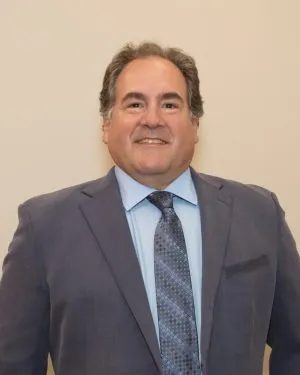Wisdom Teeth Removal Information
Wisdom teeth, or third molars, usually emerge between ages 17 and 25. For many people, these teeth become impacted or cause crowding, leading to discomfort, infection, or damage to nearby teeth. Due to changes in jaw size over generations, most patients no longer have adequate space for wisdom teeth to erupt properly.
Early evaluation and timely removal—often before age 25—is recommended to prevent complications.
Given these risks and the potential complications associated with retained wisdom teeth, early removal is often recommended. Consulting with a dental professional can help assess the need for removal and discuss the best timing for the procedure to ensure optimal oral health.
Wisdom teeth removal is a surgical procedure performed by our board-certified oral surgeons under local anesthesia, IV sedation, or general anesthesia. Safety, comfort, and surgical precision are our top priorities.
The procedure typically involves:
We recommend an evaluation in the mid-teen years to assess wisdom tooth development. Removing these teeth before full root formation can reduce the risk of complications and support faster recovery.

Dr. Nalley moved to Grand Haven, MI at 9 years of age after his father was stationed here by the U.S. Coast Guard. This has been his hometown ever since. He graduated from Grand Haven High School. His undergraduate studies were completed at Hope College in Holland, MI. He received his dental training at the University of Michigan where he received the Chalmers J Lyons Award which is given to the top oral surgery student of the graduating dental class.
He then completed his residency in Oral and Maxillofacial Surgery at The Detroit Medical Center (DMC) / Wayne State Medical School. In addition to his time spent treating patients, Dr. Nalley has also been very involved in various surgical organizations and committees.
He is a member of the Michigan Society of Oral and Maxillofacial Surgeons and was past president of the Great Lakes Society of Oral and Maxillofacial Surgeons. He is board certified by the American Board of Oral and Maxillofacial Surgeons and The National Dental Board of Anesthesiology. He is also a fellow of the American Association of Oral and Maxillofacial Surgery.